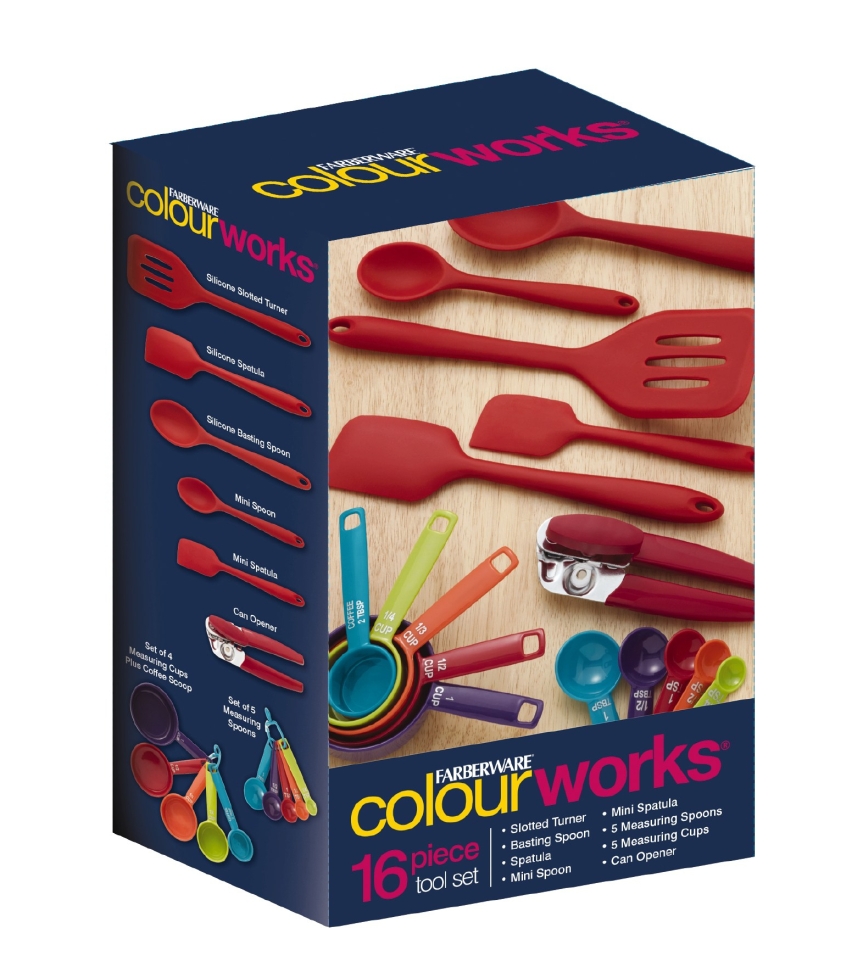Brian Hitchcock writes in to the American Dialect Society listserv:
When did Americans start putting two ells in “canceled” and “canceling”? I am well aware that two ells are preferred in British spellings, and that “cancellation” with two ells has been long preferred on both sides of the pond; for some reason Americans seem to be adopting British practice for the other forms as well.
I can’t tell you how many times I have looked up home pages of people who post on Facebook, wondering they are Canadian, Indian or Australian, only to find they are Americans who just use the spellings favoured (sic) elsewhere.
I expect they will soon start wasting ells on “levelled/levelling”, “bevelled/bevelling“, “travelled/travelling”, “pencilled/pencilling”, “parcelled/parcelling”,
“carolled/carolling”,”devilled/devilling”, “cavilled/cavilling” et al. as well?note: or maybe they already have—in the above list, Apple spell-chequer (sarcasm) did NOT flag bevelled, travelled, pencilled, or pencilling as misspelled.
I confess I was not aware of the double-L trend — except, of course in The New Yorker, a fairly recent version of whose stylebook I have in my possession.
 (Note the banning of “transpire.”)
(Note the banning of “transpire.”)
The whole single-L notion started with Noah Webster, who in the dictionaries he published in the early nineteenth century promoted new (and what he considered simpler and more logical) spellings for the new American continent. But according to this Google Ngram Viewer graph of word frequency in books published in the U.S., it took until about 1940 for “canceled” to catch up, and until the early ’80s for it to start surging ahead.

Interestingly, “traveled” took hold in the U.S. much earlier, in the 1910s.

Reliable data for Ngram viewer only goes up to 2000, at which point the American double-L trend perceived by Brian Hitchcock trend hadn’t come on the scene. The Corpus of Contemporary American English (COCA) takes up the story, and suggests that things started to change right about then. The bottom number indicates that “cancelled” occurred .94 times per million words of text in 1995-1999, and 3.53 times in 2015-2017. (“Canceled” appeared 9.85 times/million in that period–still nearly three times as often.)

Yet another database, the Corpus of Global Web-Based English, crunches a couple of billion words of text from 2012 and shows “cancelled” appearing 7.17 times per million words of text, compared to 6.13 for “cancelled.” The number is presumably that high because spelling is looser on the web, while most American publishers and periodicals still adhere to the traditional “canceled.” Here are some of the U.S. “cancelled” hits:

Bringing us up to the present, a Google News search for “cancelled” yields eight of ten American hits on the first page, including these:

So to Brian Hitchcock, I will say, you are right, and to answer the question you start out by posing: 2000.


 “Colour,” of course, is the British spelling; in America–where the Farberware company has been situated since 1900–it’s “color.”
“Colour,” of course, is the British spelling; in America–where the Farberware company has been situated since 1900–it’s “color.”









